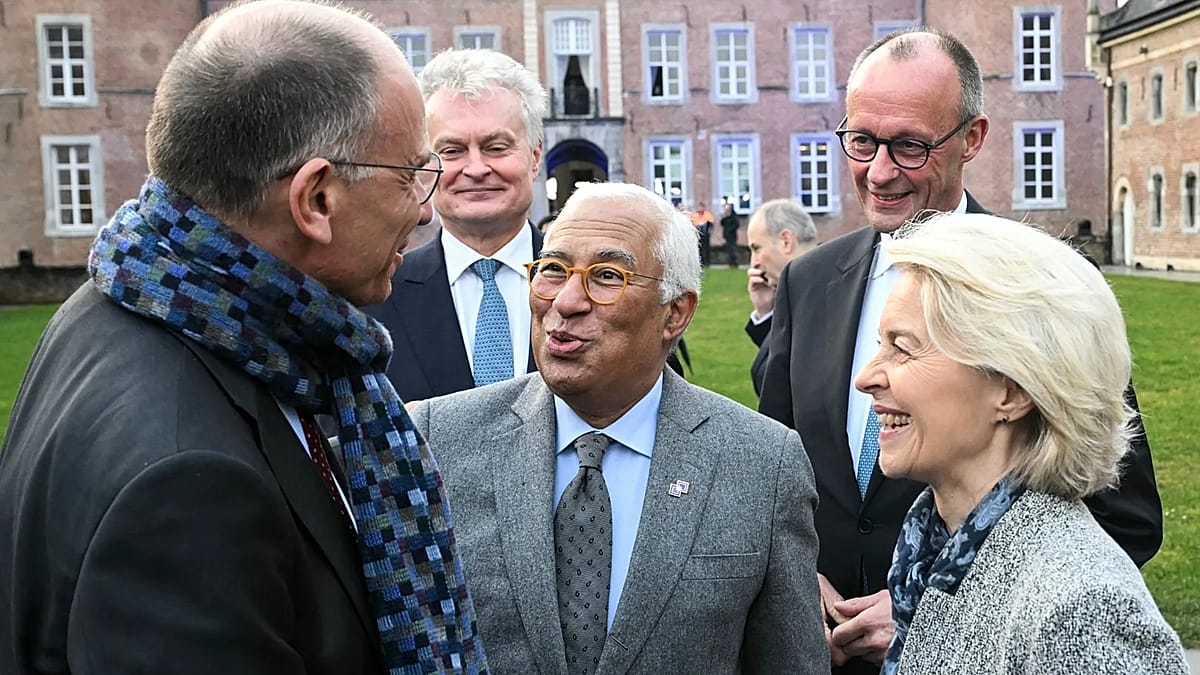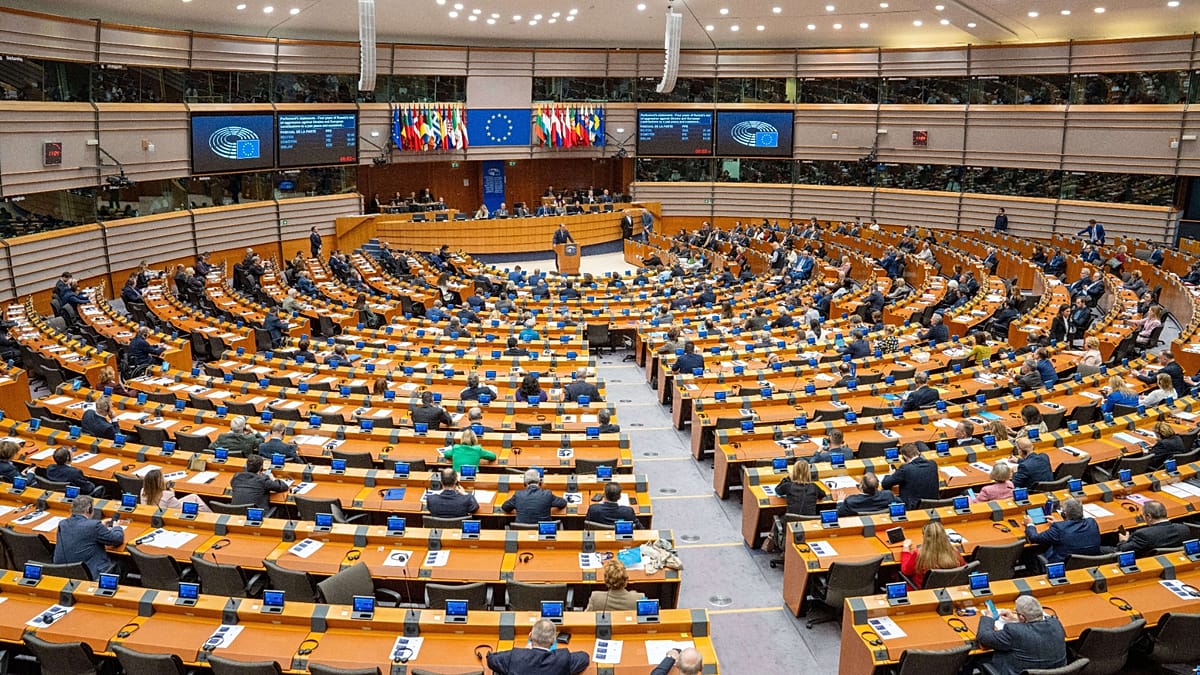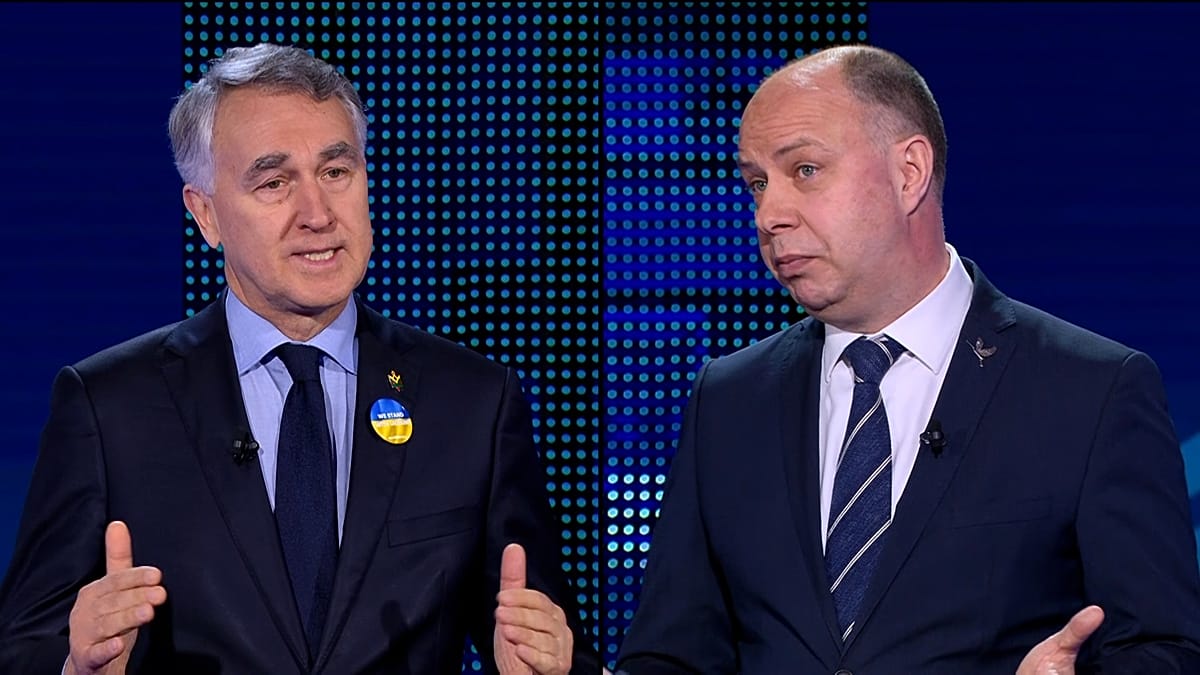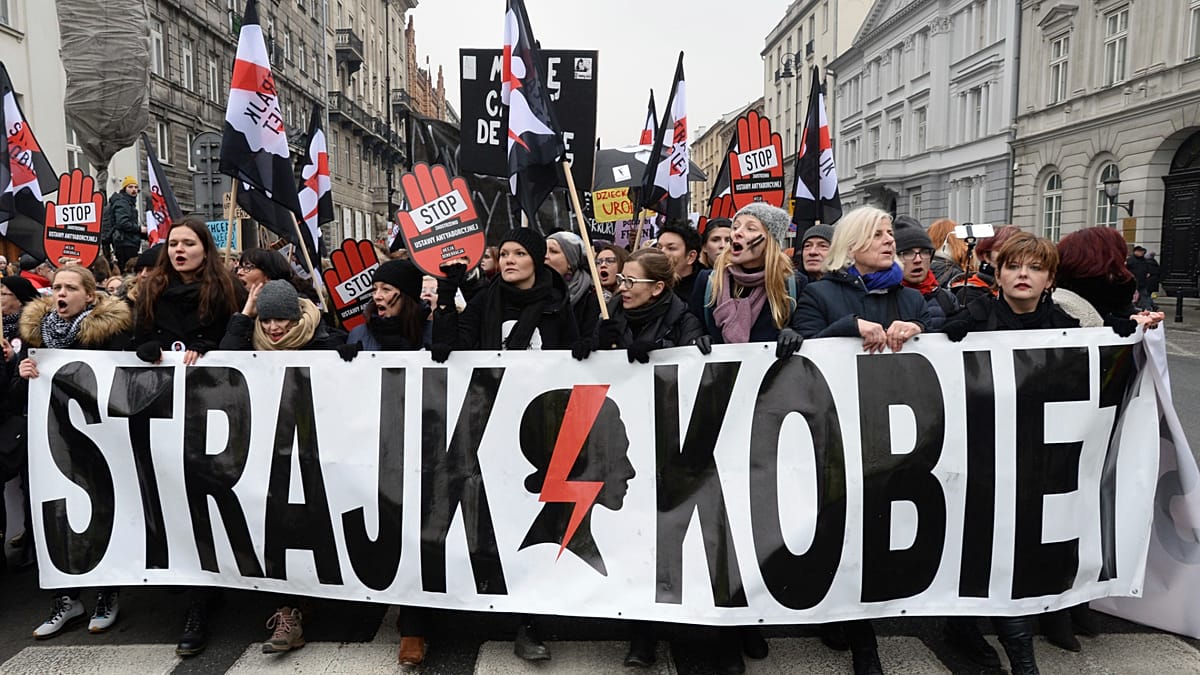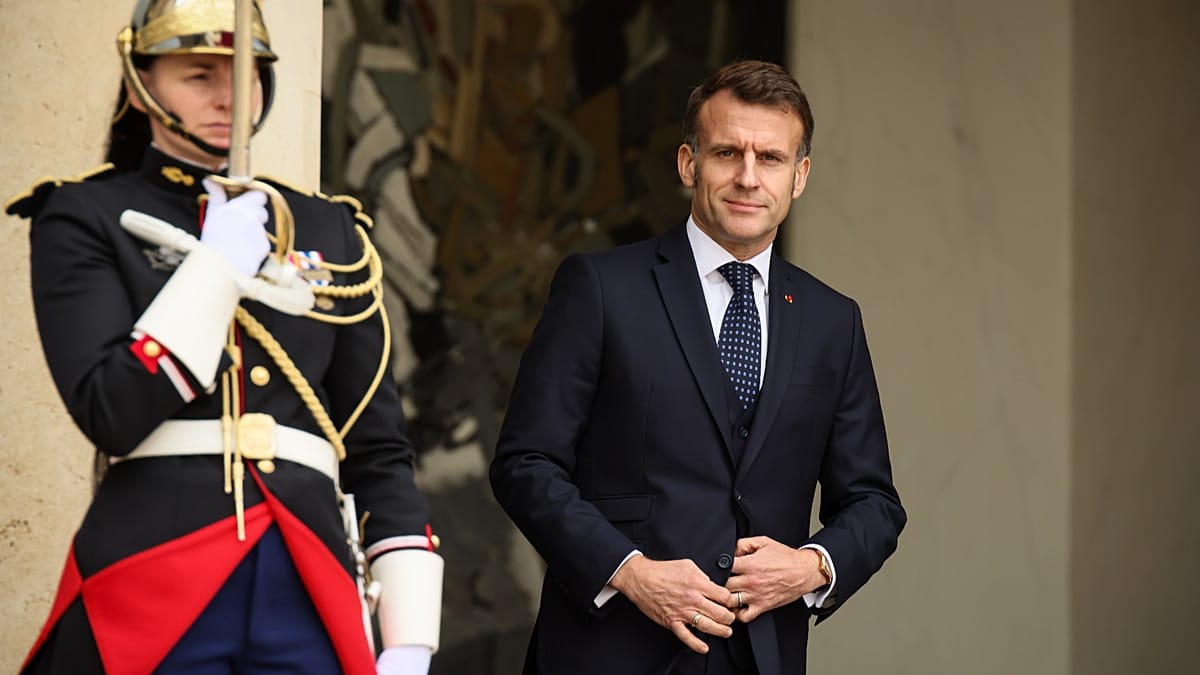The US State Department has ordered the US embassy in Wellington to begin collecting information on migration data and “migrant-related crimes and human rights abuses”.
US President Donald Trump has made migration a priority in his administration – both as a domestic and foreign policy issue.
“They are flooding Europe with people from all over the world, and Europe is becoming a different place,” Trump told reporters in the White House earlier this month. “And I tell the leaders all the time, you better stop, or you’re not going to have Europe anymore. It’s a very dangerous thing they’re doing.”
The US embassy in Wellington has been ordered to begin collecting information on migration data and “migrant-related crimes and human rights abuses”. (Source: 1News)
It seems the Trump administration is expanding its focus, telling 1News today instructions were sent out as part of diplomatic cables to all US embassies in Europe, Canada, Australia and New Zealand to engage with their respective governments, and “let them know that the United States stands ready, willing, and able to support them in handling what we see as an existential crisis”.
It also requested those embassies “begin collecting data and reporting on migrant-related crimes and human rights abuses facilitated by people of a migration background”.
In a background call with a senior US State Department official, 1News asked specifically what concerns the US had about mass migration in New Zealand, considering NZ’s isolation and strict immigration controls.
“Our concern in New Zealand is less the actual kind of live migration, but it’s what we see as a growing propensity among liberal democracies in the world to buy into the globalised migration narrative – hook, line, and sinker,” said the official.
“The idea that you can just import large amounts of people from a different culture – a radically different culture even – and assume that everything will be fine and hunky dory when case studies have shown that that isn’t the case.
“When it comes to New Zealand I think the problem isn’t so much live right now, but it’s a risk that we see potentially affecting New Zealand as time goes on.”
NZ immigration policy ‘is our decision’ – Luxon

New Zealand Prime Minister Christopher Luxon dismissed the US State Department’s concerns.
“New Zealand’s immigration policy is our decision,” he said.
“In our case I’m very proud of our policy over many years which actually is linked to our economic agenda and strategy.”
Luxon added that he was “very, very proud of the immigrants that have come to New Zealand, who have made this place home”.
“They’ve left behind their family, their culture, see a better future for them, their family and their community here and that should be greatly celebrated.”
‘We should not be part of this’ – academic

Paul Spoonley, an emeritus professor of sociology at Massey University, described the move by the US State Department as “extraordinary”.
“Here we are being invited to be part of a particular MAGA development that sees immigrants as a problem – demonising those immigrants – and we should not be part of that. That’s not our experience,” he told 1News.
“What floors me is that these are societies built by immigration and are now turning their backs on their whole history on how they’ve been built.
“We should not be part of this.”
The comments from the US government come as NZ immigration is trending downwards.
Figures from StatsNZ show that migrant arrivals for the year ending August 2025 were down 16% (138,600) compared to the previous year, while migrant departures (127,900) were up 13% over the same period.
“Two years ago, we certainly had a major spike in migration – 253,000 arrivals, and a net arrival of 130,000 but this year it’s a fraction of that,” Spoonley said.
“Typically, NZ goes through these surges where we certainly get large numbers of immigrants, but they are not immigrants in the way Europeans understand it – most of our immigrants come under the Skilled Migrant Category, so we are selecting migrants who can contribute to this country, who have a job offer, and who has demonstrated they can fit into New Zealand in terms of not just the labour market but also socially – so they can’t have, for example, committed crimes before they get approval.”
Spoonley said there was, however, a growing trend, of political movements – many of which are now in governments across the world – that have zeroed in on immigration as a policy platform.
“I think we need to understand the politics behind this. There is something called the replacement theory which is a view held by some anti-immigrant groups and politicians that believe that the white Christians are being replaced by immigrants – particularly Muslim immigrants – so they are casting this as a major clash of religion and cultures and is seen as a major threat,” he said.
“When you look at what’s happening, that’s not the reality. In a sense it reflects a particular world view, a particular political view – a particular MAGA view of the world.
“We are being invited to be part of a particular American project that demonises immigrants and we shouldn’t be a part of that.”

